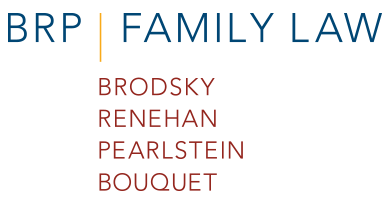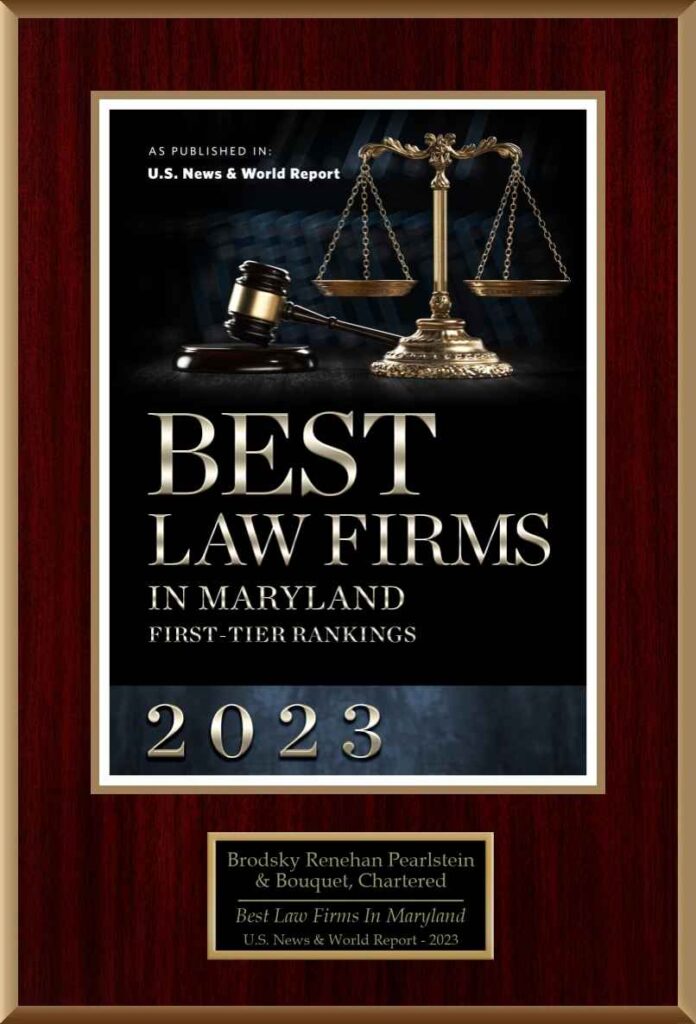
Divorce is a life-altering decision that comes with numerous legal and emotional complexities. Traditionally, divorce conjures up images of courtroom battles, legal confrontations, and lengthy proceedings.
However, in Maryland, divorcing couples have options beyond the traditional adversarial court process. With the expertise of a skilled divorce lawyer in Maryland, such as Brodsky Renehan Pearlstein Bouquet, couples can explore alternative routes that allow them to dissolve their marriage amicably, efficiently, and without going to court.
Mediation: Navigating Divorce through Cooperation
Mediation is a viable option for couples seeking to divorce without a contentious courtroom battle. In Maryland, mediation offers a way for both parties to work collaboratively with the guidance of a neutral third party – the mediator.
This approach fosters open communication and problem-solving, allowing couples to address their concerns and reach mutually agreeable solutions. According to the Maryland Judiciary’s Office of Dispute Resolution, mediation can lead to quicker resolutions and reduce emotional stress for all parties involved.
Collaborative Divorce: Working Together Toward Resolution
Another alternative to a courtroom divorce is the collaborative divorce process. This approach involves spouses and their respective lawyers engaging in a series of meetings to negotiate the terms of their divorce.
Unlike litigation, where each side advocates for their interests, collaborative divorce focuses on finding common ground and compromise. The collaborative process encourages transparency and may result in more personalized and customized solutions tailored to the family’s unique circumstances.
In Maryland, the Collaborative Practice Act (Title 15, Family Law, Section 15-1501) outlines the procedures for collaborative divorce. This law emphasizes the voluntary nature of the process and the commitment of both parties to work toward an agreement outside of the courtroom.
Arbitration: A Private Alternative to Court
Arbitration is an alternative dispute resolution method that offers a middle ground between mediation and litigation. In this process, a neutral arbitrator – often a qualified family law attorney – hears both parties’ arguments and renders a binding decision.
While it involves a third-party decision-maker like a judge, arbitration is generally faster and more flexible than a court trial. Additionally, it provides couples with greater control over the process and outcome.
In Maryland, the Uniform Arbitration Act (Title 3, Courts and Judicial Proceedings, Subtitle 2) governs arbitration proceedings, ensuring a fair and structured approach to resolving disputes outside of court.
Benefits of Avoiding Court
Opting for a divorce without going to court presents several advantages for couples in Maryland:
- Reduced Stress: Traditional courtroom divorce can be emotionally taxing. Alternative methods often lead to less conflict and emotional strain, making the process more manageable.
- Cost-Effectiveness: Courtroom divorces can be expensive due to legal fees and court costs. Alternative methods can be more cost-effective, allowing couples to allocate resources elsewhere.
- Privacy: Courtroom proceedings are public, while alternative methods ensure greater privacy and confidentiality.
- Control: Couples have more control over the outcome as they actively participate in decision-making.
- Efficiency: Alternative methods can expedite divorce, allowing couples to move forward with their lives sooner.
Understanding Your Options to Get a Divorce Without Going to Court
When faced with the prospect of divorce, Maryland couples have a range of alternatives to the traditional courtroom process. Mediation, collaborative divorce, arbitration, and legal separation allow couples to dissolve their marriage amicably, efficiently, and without the emotional toll of courtroom battles.
Brodsky Renehan Pearlstein Bouquet, a leading divorce law firm in Maryland, is well-versed in these alternative methods and can guide couples toward a resolution that meets their unique needs. By exploring these options, couples can embrace a future that begins with respectful closure rather than courtroom confrontation.
If you have questions or want to schedule an appointment, call our office at (301) 786-5695.






